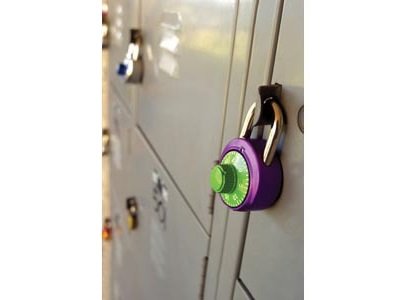A child’s school-aged years are filled with many different lessons and experiences. While in school, kids have the opportunity to broaden their horizons and meet new people.
Many students will attend various schools before moving on to college, and therefore they must learn how to adjust to new schools. While many students attend elementary school together for years, students may not know their classmates once they make it to middle school, which tends to boast larger student bodies than elementary schools. That’s because many middle schools’ student bodies are a combination of several elementary schools. Making the transition from elementary school to middle school or junior high can spark anxiety in students, but that does not have to be.
The National Education Association says a common element of a successful middle school experience is a smooth and positive transition from elementary school. The following are a few ways students can handle their transition to middle school.
· Participate in a school-based transition program. Middle schools frequently host open houses for elementary school students, who can take tours of the campus. Parents can take part in these events with their children. If your schedule does not allow you to attend, then schedule a private tour with the middle school principal or a faculty member. Middle school guidance counselors or guest speakers also may make the rounds, visiting elementary schools directly. Be sure your student attends such information sessions so he or she can get an idea of what to expect during middle school.
· Dispel any myths your youngster might have heard about middle school. Youngsters hear lots of things about middle schools, and much of what kids hear might be untrue. Ask kids what they have heard about the schools they will be moving on to, and then do your best to dispel any myths.
· Find a middle school buddy. Ask an older sibling or invite someone who is currently enrolled in the school to speak with your child and answer any questions he or she may have. Hearing directly from a fellow student may make your child feel more comfortable about what to expect.
· Talk about any other fears. Engage in an open dialogue with your son or daughter about any additional fears he or she may have. If students are worried about academics, spend some time over the summer going over the curriculum. If the potential for peer pressure is a cause for concern, reinforce advice on how to react to peer pressure.
